Identification of “sleeping” talent in elite ice-hockey using psychological characteristics
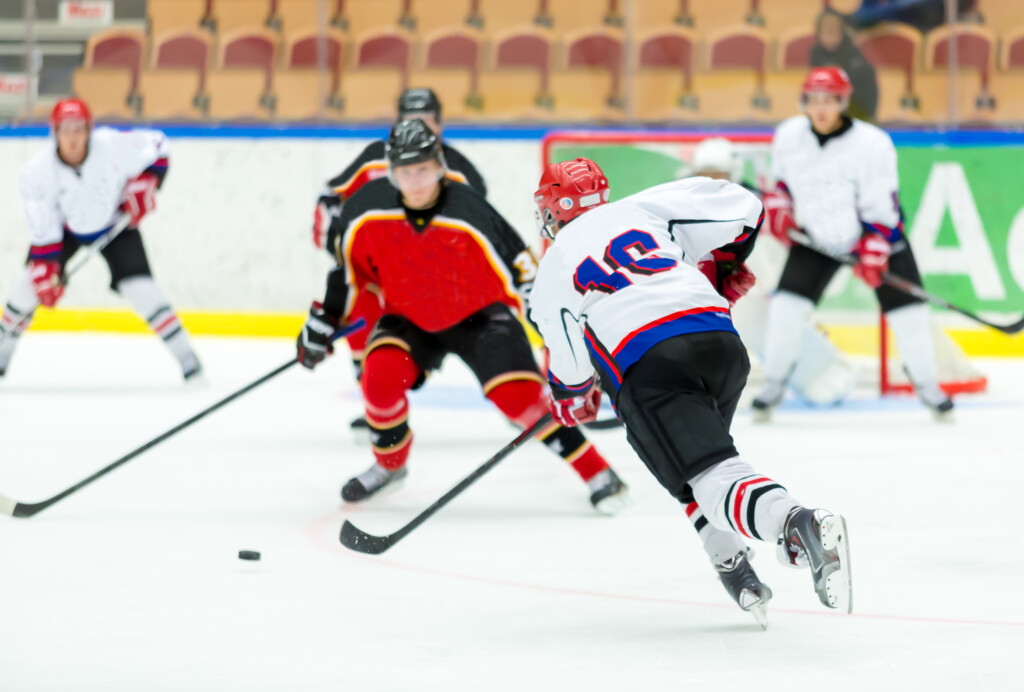
In sports, some athletes currently under-perform compared to others, but end up excelling later in life, while some who currently perform well, end up under-performing later on. In other words, current performance is not necessarily a good predictor of potential in sports. This makes it a major challenge for scouts, who are responsible for spotting…
A sociocultural analysis of adaptive skateboarding and wheelchair motocross
View the summary of this research here. This study explored physically disabled skateboarders and wheelchair motocross (WCMX) riders’ experiences with the skateboarding community, online (on Instagram), and within skatepark settings. It aims to add to the growing research on physically disabled peoples’ participation in adaptive sports, giving insight into their experiences in the informal, adaptive…
Settler colonial sport venues: An Edmonton/Amiskwaciy history
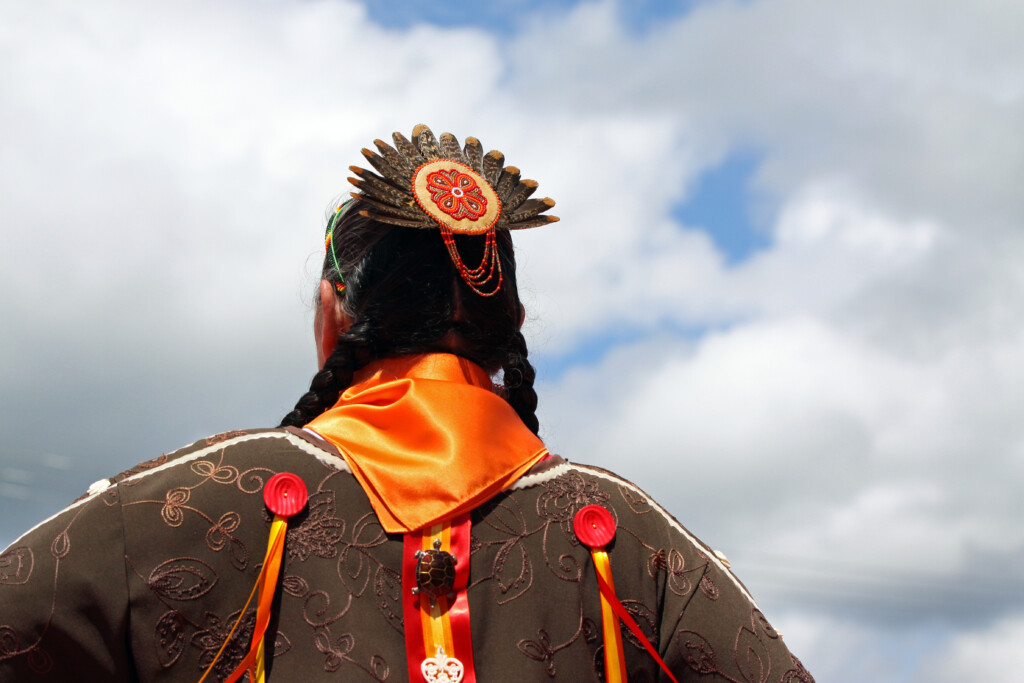
‘Settler Colonial Sport Venues’ explores the settler histories of sporting places, and the role settler athletic venues have played in colonization and carcerality. It aims to challenge the idea that building sports facilities is always positive, showing instead how these places have often contributed to the ongoing dispossession and erasure of Indigenous peoples. For this…
Mobilizing knowledge into action: Exploring sport administrators’ and parents’ perceptions of the quality of youth sport programs
Introduction and context Although young athletes represent the users of youth sports programs, parents are intricately involved in the decision-making process related to their children’s enrollment and registration in such programs. As such, sport administrators must grasp the elements that shape parents’ views on the quality of youth sport program design, their utilization of youth…
Promoting health through physical activity and inter-organizational partnerships: the Montreal case
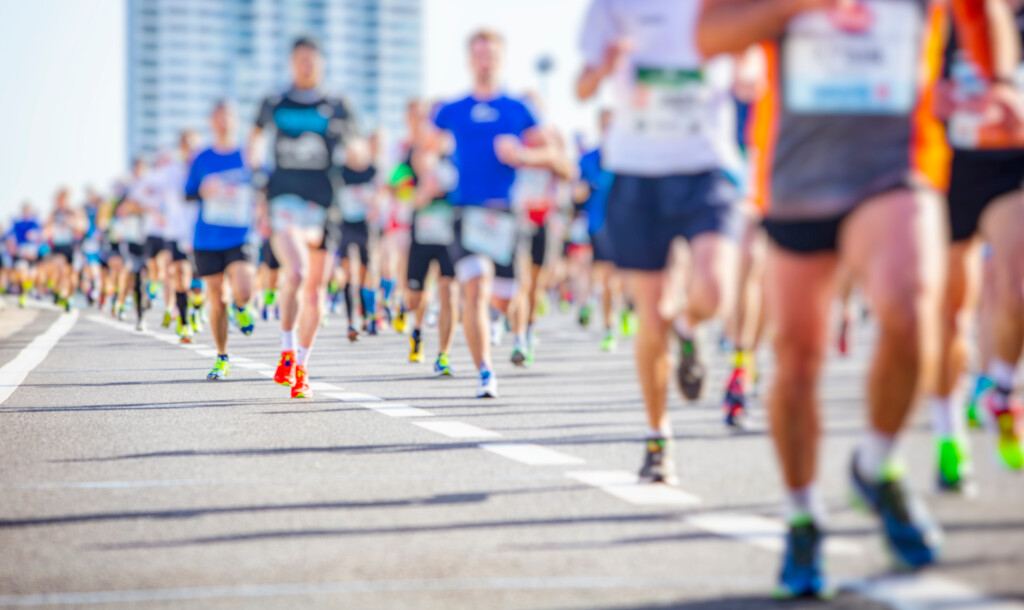
Introduction and context The leading preventable causes of death worldwide (chronic diseases) are usually brought on by a lack of regular physical activity, which can lead to significant health and financial challenges for the individuals and communities. Many municipalities are dedicated to establishing and maintaining healthy environments for all, which requires collaboration and coordination with…
Promoting health through physical activity and inter-organizational partnerships: the Montreal case
Introduction and context The leading preventable causes of death worldwide (chronic diseases) are usually induced by a lack of regular physical activity, which leads to significant health and financial challenges for the individuals and communities they afflict. In this regard, many municipalities are committed to create and maintain healthy environments for everyone. This often requires…
The development and implementation of a mentoring program for parasport coaches
View the summary of this research here. Introduction and context Partnering with a provincial coaching association in Canada, we explored the experiences and perceptions of 15 mentor and 29 mentee coaches who participated in a formal virtual parasport coach mentorship program. Mentor coaches built a virtual relationship through mutual trust and respect and were perceived…
Sport participation through the transition from adolescence to adulthood
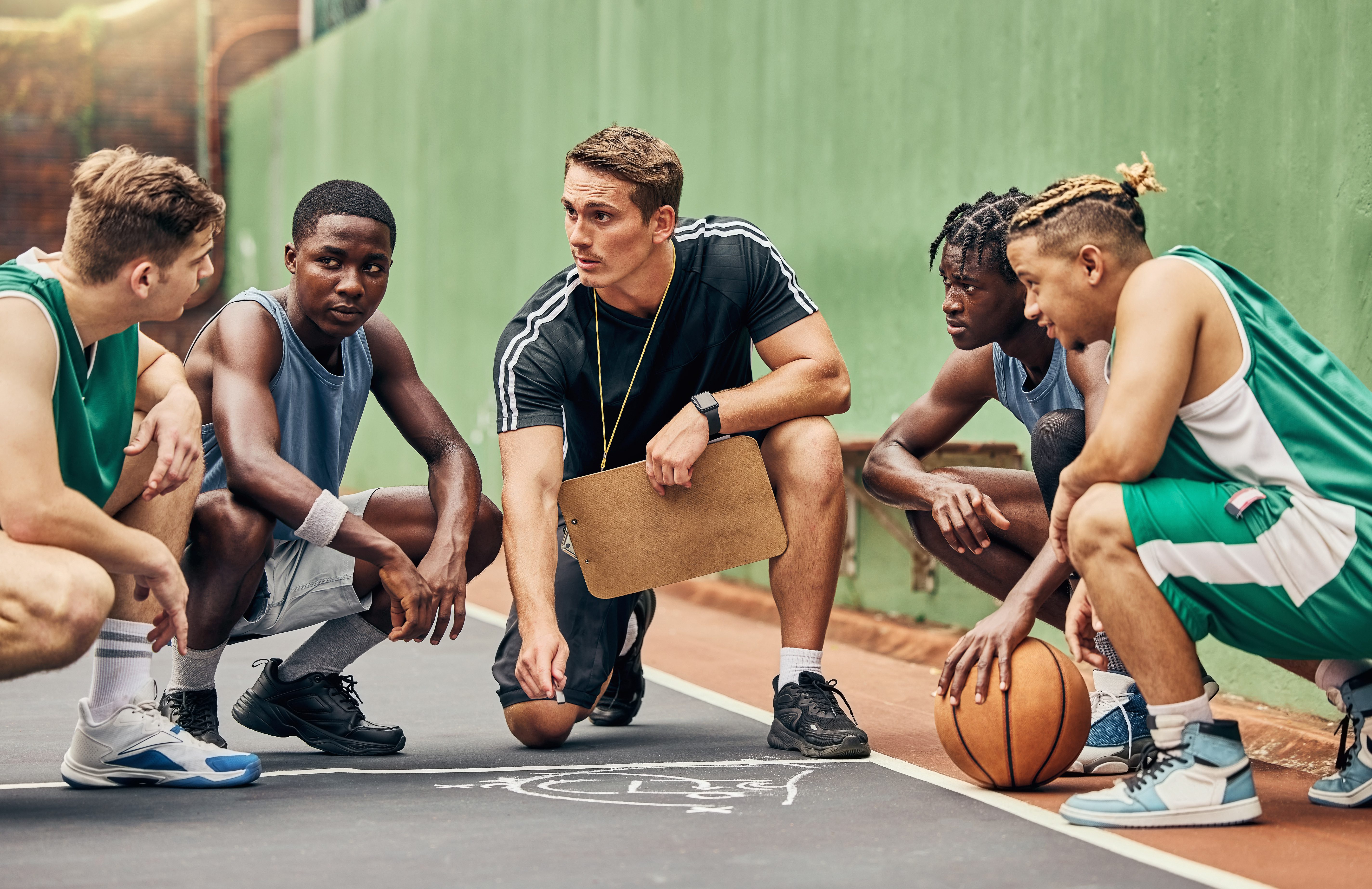
View the summary of this research here. Introduction and context Studying factors that contribute to sport participation maintenance in a context where so many people drop out of sports will help develop better strategies and interventions aimed at increasing the number of Canadian sport participants. However, previous studies were of very short duration and with…
Supporting adaptive Snowsports Leisure Opportunities for People with disabilities (SSLOPE)
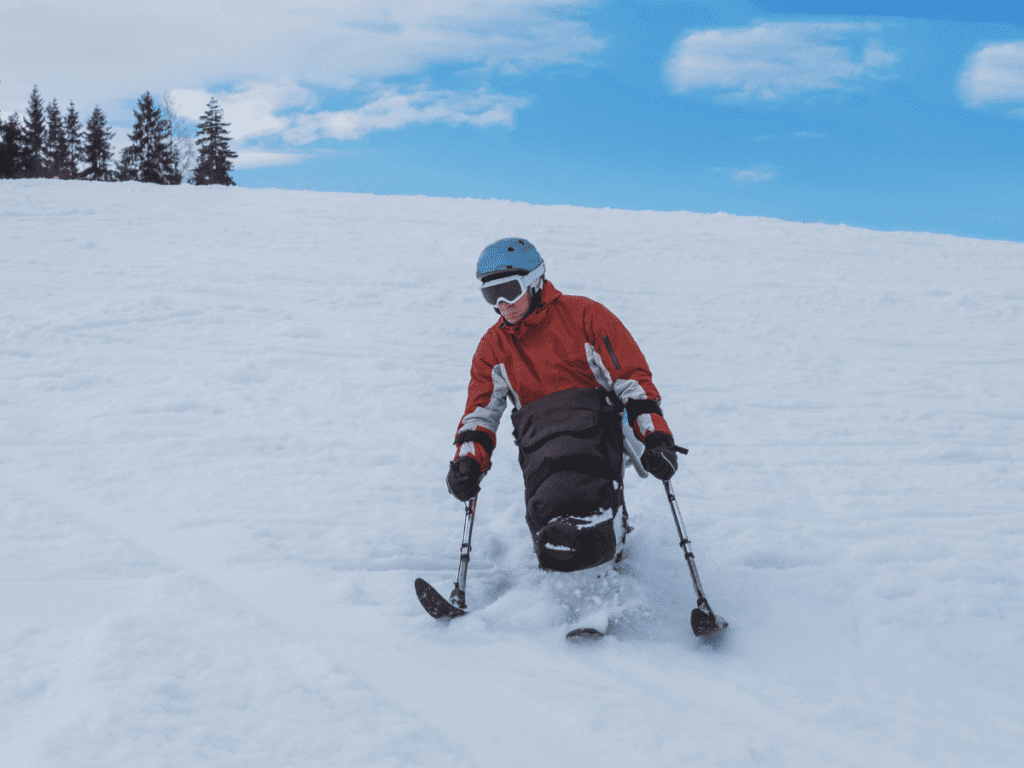
Introduction and context Participating in leisure-time physical activities (LTPA) contributes to the well-being of people with disabilities. Unfortunately, they are typically less engaged in LTPA compared to the general population. Especially during winter due to environmental barriers and limited programs. Participation in adaptive snowsports, such as skiing/snowboarding, represents a way for people with disabilities to…
Soccer and Christianity in greater Vancouver: Bodies, relations, and formations in Canadian settler-colonialism
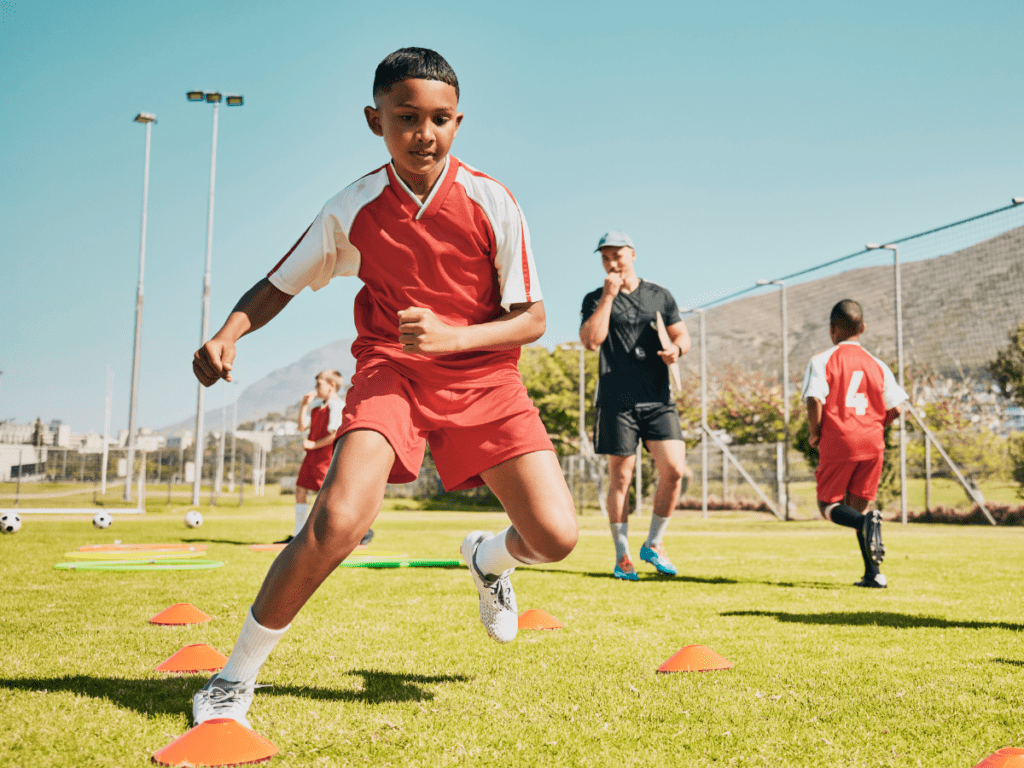
Introduction and context The focus of the research is the relationship between sport and Christianity (evangelical and Pentecostal) in Greater Vancouver. In a world of increasingly individualism, and disintegrating mass institutions (mass political parties, civil services organisations, mainline Protestant churches) the intention of the research was to understand how increasingly global social mass movements, soccer…